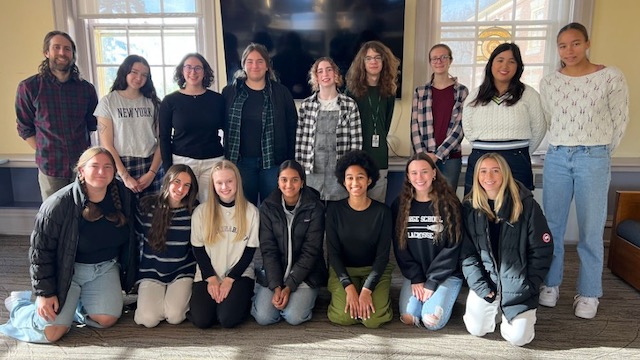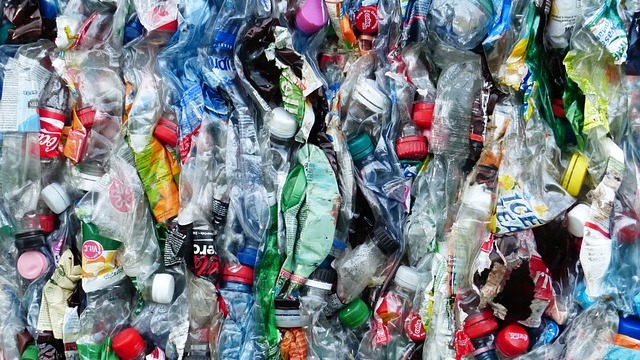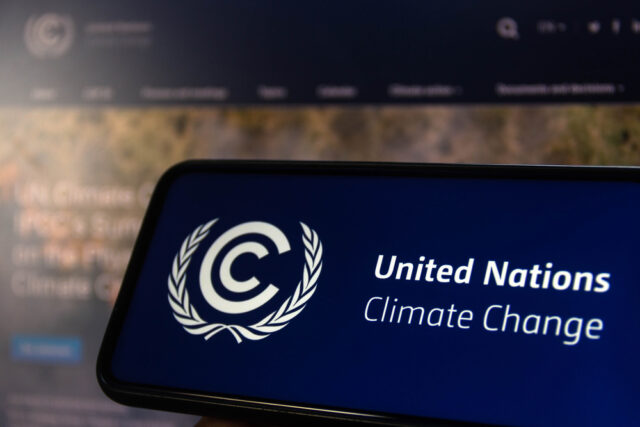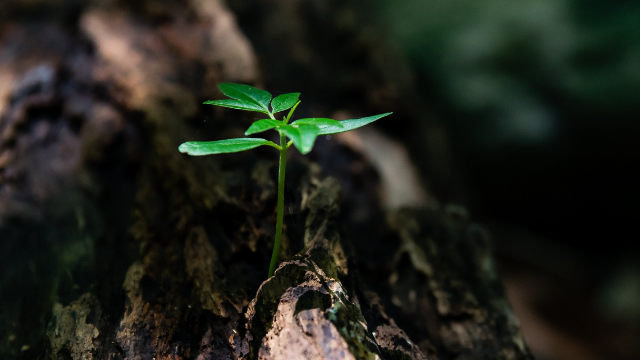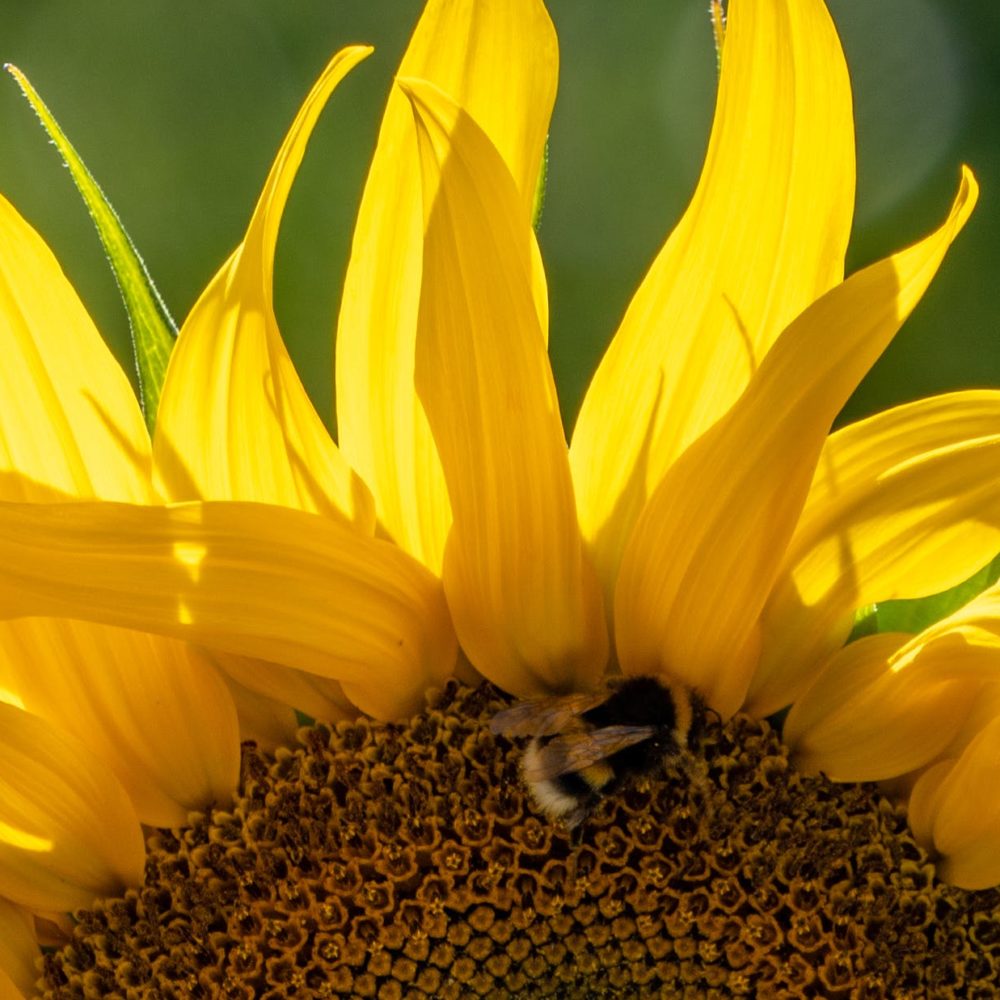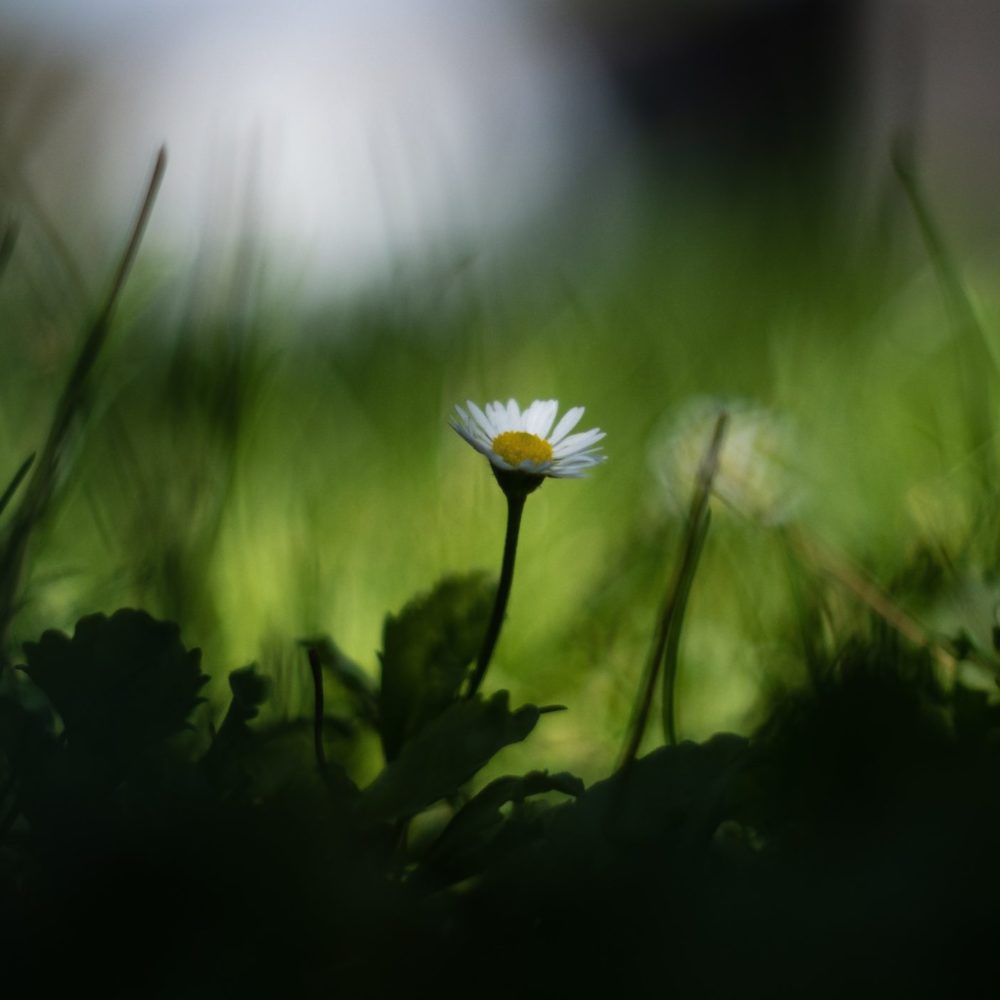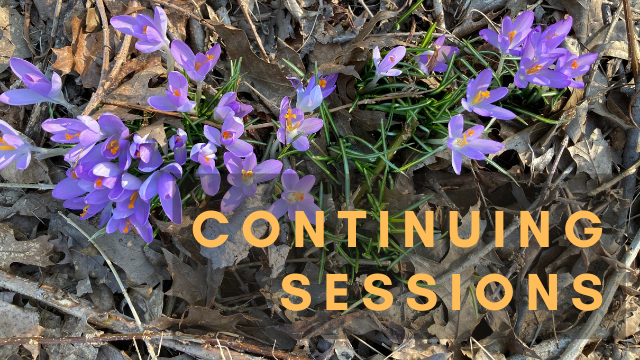The March 2024 Eco-Justice Collaborative newsletter featured a story from students at George School in Newtown, PA, who are leaders of the school’s Climate Action Club. The mission of the club is to “promote faithful stewardship of the earth,” and it serves a crucial role in educating students and faculty about pressing environmental and social issues as well as encouraging youth activism. The club is composed of 9-12th grade students from all parts of the globe who are passionate about enacting change. [Read more…] about George School Climate Action Club
Eco-Justice Collaborative
Plastics—What’s the Big Deal?
Friends Take Steps to Address the Climate Crisis
We know that many Friends throughout the yearly meeting and around the world are following their leadings to work on climate change, environmental justice, and habitat and biodiversity protection. The Eco-Justice Collaborative’s monthly newsletter often includes stories of action, and this month we hear from Ray Elberson, an attender at Medford Monthly Meeting, about the work of the Plastics Committee of the South Jersey GreenFaith Circle to which he and his wife, Carla, belong. Visit the Eco-Justice Collaborative’s website here, and subscribe here to the EJC newsletter by choosing “Peace & Social Justice.”
PYM Statement on the 2023 United Nations Climate Change Conference (COP28)
The Religious Society of Friends witnesses to the truth of our times. In this moment, we recognize that we are facing an existential crisis that requires a response greater than individual actions. The systemic structures as well as the daily choices of peoples, governments and faith communities across the globe must act in radical concert to address the climate catastrophe we have created. [Read more…] about PYM Statement on the 2023 United Nations Climate Change Conference (COP28)
Eco-Justice Collaborative Spotlight Q&A With Patricia Finley
“The whole eco system is connected and we are a part of it!”
— Patricia Finley, co-clerk of the Eco-Justice Collaborative
Q: Why was the Eco-Justice Collaborative formed?
The Eco-Justice Collaborative (EJC) has been in many forms since 1988. It began as the Environmental Working Group (EWG); in 1993, there was a renewed desire and commitment to elevate the EWG after a young person, during Annual Sessions, shared their experience of having nightmares about the future of our planet. A husband-and-wife team, Ed Dreby and Margaret Mansfield, foundational in creating EJC, doubled their efforts in visiting 50+ meetings encouraging other Quakers to get involved. Then in 2009, the Environmental Working Group became the Eco-Justice Collaborative which focused on lifting leaders with environmental expertise and interest to support each other’s projects. [Read more…] about Eco-Justice Collaborative Spotlight Q&A With Patricia Finley
John Munro of Unami Monthly Meeting on the Carbon Forest Project
Unami Monthly Meeting recently introduced a Carbon Forest Project through their Peace and Social Concerns committee. As one of their first projects, they have made plans for a ten-acre site to build Old Growth forests, an ecologically diverse native forest that can sink carbon permanently by planting 435 trees per acre, tending to the need for organic surface, shrubs, and herbs. They plan to steward these forests as they grow to maturity. [Read more…] about John Munro of Unami Monthly Meeting on the Carbon Forest Project
Climate Change Sprint and Eco-Justice Collaborative News
On March 27, 2021, during Philadelphia Yearly Meeting’s Continuing Sessions, Friends united to come under the weight of climate change and eco-justice as a Yearly Meeting Witness. They recognized that while approving such a Witness was an important step forward, a specific plan of action is required. The Climate Change Sprint is drafting a plan to be presented to PYM Annual Sessions 2021 this summer.
The Climate Change Sprint members are Robert Greene, Bill Cozzens, Ruth Darlington, Pat Finley, .O, Kathryn Metzker, Christy Tavernelli, and Shelly Xia (Liyiran). The action plan created by the members recommends focus on education, activism, carbon footprint, finances, and mourning loss, and instilling hope.
[Read more…] about Climate Change Sprint and Eco-Justice Collaborative News
Calling All PA Meetings: Consider Joining POWER
A Member Reflects on Her Experience
Linda Clark is a member of Chestnut Hill Friends Meeting. As a whole meeting, Chestnut Hill Friends has joined an organization called POWER. In this article, Linda reflects on her experiences working with POWER and why it’s important for meetings across PA to join. If you have questions if your meeting is interested, please contact Linda at lindapat49@gmail.com. [Read more…] about Calling All PA Meetings: Consider Joining POWER
Quaker Life Council and Eco Justice: Pathways to Climate Change Action
Philadelphia Yearly Meeting hosted an evening question and answer session with the Eco Justice Collaborative in preparation for the Saturday March 24th Continuing Sessions work on the topic of Climate Change. Here follows an interview with Pat Finley and Ruth Darlington of the Eco Justice Collaborative (EJC) and Anthony Stover, Clerk of Quaker Life Council.
The interview explains how the Quaker Life Council will form a Sprint (a nimble, short-term committee convened around a Yearly Meeting initiative of importance) and the Eco Justice Collaborative will support the PYM community in climate justice work.
[Read more…] about Quaker Life Council and Eco Justice: Pathways to Climate Change Action
Minutes from March 23 Eco Justice Collaborative Q/A
With thanks to Kri Burkander, recording clerk, minutes of the evening’s Eco Justice Q&A follow:
Jean-Marie Prestwidge Barch opened the session, reminding Friends that this is the beginning of our Continuing Sessions. Our Zoom interface allows us to connect across time and space in a different way. Our gathering tonight will allow us to season this work, which will also be on Saturday’s agenda. We settled into worship, with some 50 Friends in attendance. [Read more…] about Minutes from March 23 Eco Justice Collaborative Q/A
How to Prepare for Continuing Sessions: March 23, 26 and 27
Philadelphia Yearly Meeting’s upcoming Continuing Sessions on March 27th will feature three issues of importance to Friends; Membership, Climate Change, and AntiRacism.
It is hoped that Friends at every meeting or worship group will feel led to participate, and that these issues will be brought back to your communities to inform and sustain Friends in an ongoing partnership towards a better world.
[Read more…] about How to Prepare for Continuing Sessions: March 23, 26 and 27
